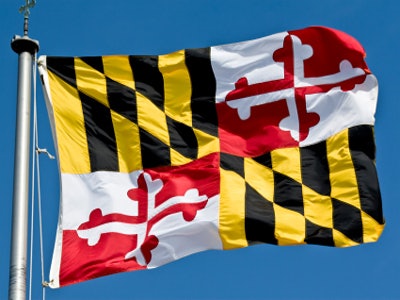The plaintiffs in a Maryland higher ed desegregation case held a conference call Wednesday to discuss the case’s parameters in advance of the remedial phase of a trial which is slated to commence on Monday, January 9, at the United States District Court in Baltimore, Maryland.

In The Coalition for Equity and Excellence in Maryland Higher Education v. Maryland Higher Education Commission, Blake found that Maryland violated the equal protection clause of the 14th Amendment, due to the maintenance of a dual and unequal system of higher education that continues to disadvantage Maryland’s HBCUs — Bowie State University, Coppin State University, Morgan State University, and the University of Maryland Eastern Shore.
Kristen Clarke, president and executive director of the Lawyers’ Committee for Civil Rights Under Law calls this desegregation case “part of our ongoing work to fulfil the goals of Brown vs. Board of Education.” She also emphasized that this desegregation case “is a case about how Maryland’s actions have harmed students, not just institutions.”
Michael Jones, co-lead counsel for the plaintiffs and partner, Kirkland & Ellis LLP, notes that it took the state of Maryland two years to propose a settlement to the illegal duplication case following Blake’s 2013 finding, and this proposed settlement from the state was found to be inadequate by Judge Blake and inadequate by the HBCU plaintiffs.
Furthermore, according to Jones, the state of Maryland’s “remedial plan included no input from the presidents and the faculty of the historically Black institutions, and in fact, the state’s plan was equally beneficial to the state’s traditionally White institutions.”
Subsequently, the HBCU plaintiffs developed a remedial plan which proposed the creation or further development “programmatic niches” at the four Maryland HBCUs in question, “with the idea of trying to build on existing institutional strengths, and to further create institutional identities at those schools that will be successful in attracting students of all races,” says Jon Greenbaum, the chief counsel and senior deputy director for the Lawyers’ Committee for Civil Rights Under Law.
Ultimately, Dr. Earl Richardson, Morgan State University president emeritus, expressed his view that the goal of the lawsuit against the state of Maryland is that Maryland “becomes the leader in terms of at last achieving what we think is an integrated and complementary system of higher education that represents all of the people, all of the regions of the state.”
In such a system, according to Richardson, “the programs of each institution complement one another rather than duplicate one another,” thus, “these institutions become attractive … to students regardless of race.”
David Pluviose can be reached at [email protected].





















